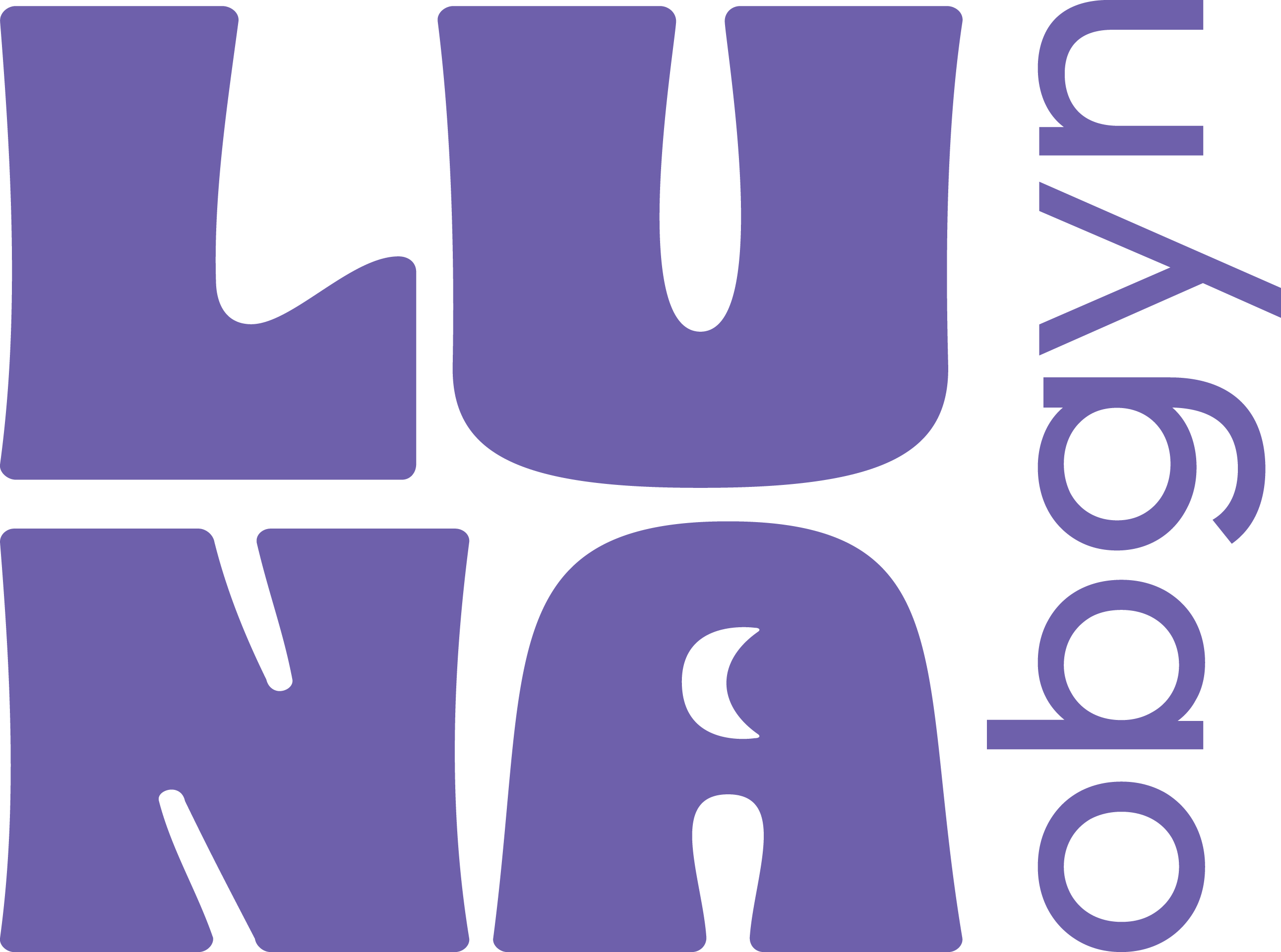
The Benefits of Breastfeeding for a Mother

Breastfeeding offers numerous benefits to infants, such as providing perfectly balanced nutrition and boosting their immune systems. Additionally, it provides significant benefits to the mother. Recognizing and understanding these benefits can help mothers during the postpartum period.
Physical Health Benefits
- Enhanced Postpartum Recovery
Breastfeeding helps the uterus return to its pre-pregnancy size more quickly. The hormone oxytocin, released during breastfeeding, causes the uterus to contract, reducing postpartum bleeding and decreasing the risk of hemorrhage.
- Lowered Risk of Chronic Conditions
Women who breastfeed experience a lower risk of developing several chronic conditions later in life. These include type 2 diabetes, rheumatoid arthritis, and cardiovascular diseases. Additionally, breastfeeding is linked to a reduced risk of certain types of breast and ovarian cancers.
- Weight Management
Breastfeeding burns extra calories (up to 500 calories a day), helping mothers to lose pregnancy weight faster. It’s a natural and gradual process that contributes to long-term weight management without the need for restrictive diets.
Mental Health Benefits
- Emotional Bonding
Breastfeeding fosters a deep emotional bond between the mother and her baby. This connection is facilitated by the release of oxytocin, often called the ‘love hormone’, which promotes feelings of love and trust.
Reduced Postpartum Depression Risk
Breastfeeding is associated with a lower risk of postpartum depression. The hormonal effects of lactation help regulate mood and stress levels, providing protective emotional effects for the mother.
- Improved Sleep Patterns
While new mothers often experience disrupted sleep, those who breastfeed may align their sleep cycles more closely with their infants. Oxytocin also promotes relaxation, which can help mothers fall asleep more easily.
Long-term Health and Well-being
- Longer Menstrual Cycle Resumption
Breastfeeding can delay the return of menstrual periods, which helps to conserve iron in the mother’s body. This can be particularly beneficial in preventing iron deficiency anemia.
- Natural Contraception
Known as the Lactational Amenorrhea Method (LAM), exclusive breastfeeding can be a form of natural contraception during the first six months postpartum. However, it’s important to discuss its reliability and suitability with a healthcare provider.
- Cost-Effectiveness and Convenience
Breastfeeding is economically beneficial. It reduces costs associated with infant formula and lowers the incidence of illnesses in the baby, which can lead to decreased healthcare and medication expenses.
- Environmental Impact
Breastfeeding is also environmentally friendly. It decreases the need for feeding equipment, formula cans, and plastic waste, contributing to a smaller ecological footprint.
Breastfeeding provides numerous benefits that improve maternal health and strengthen the bond between mother and child. It is a natural, cost-effective, and environmentally friendly way to nourish and nurture.
Mothers who are considering breastfeeding should consult healthcare professionals to understand all its aspects and receive support for any challenges that may arise. Approaching this natural method can result in a rewarding and healthy experience for both mother and child.